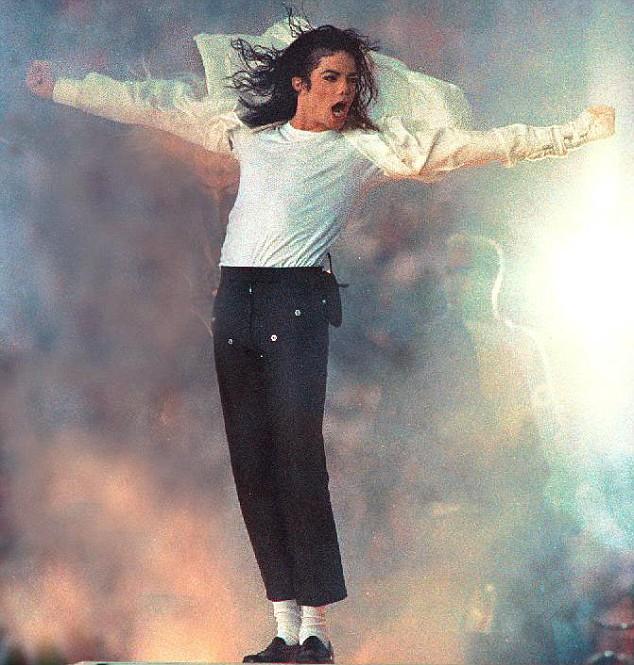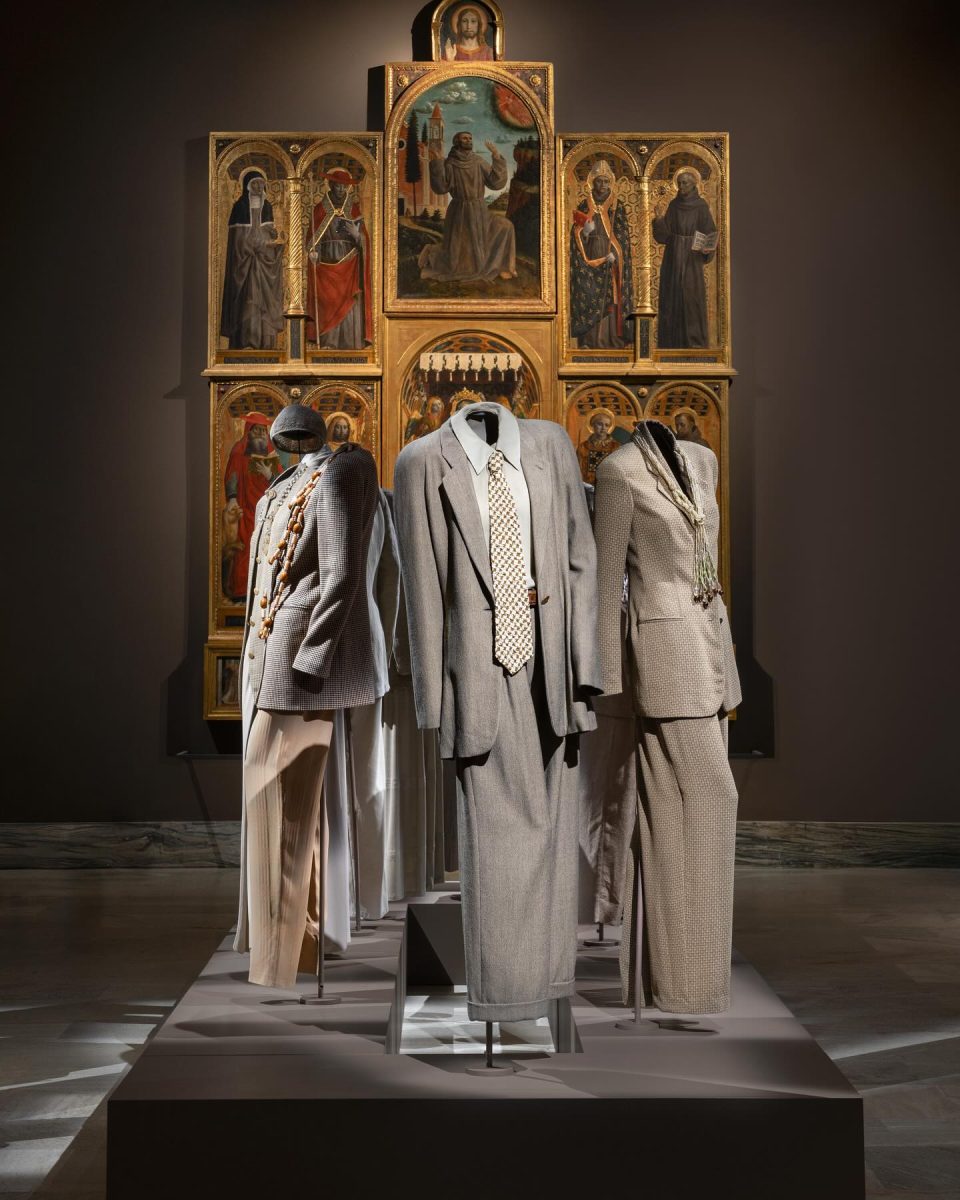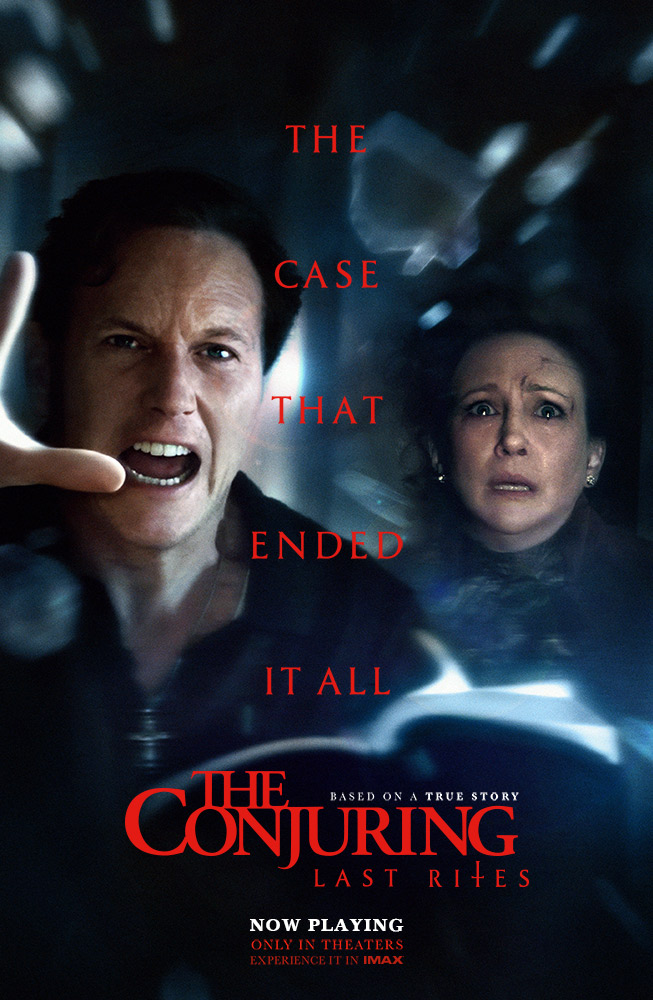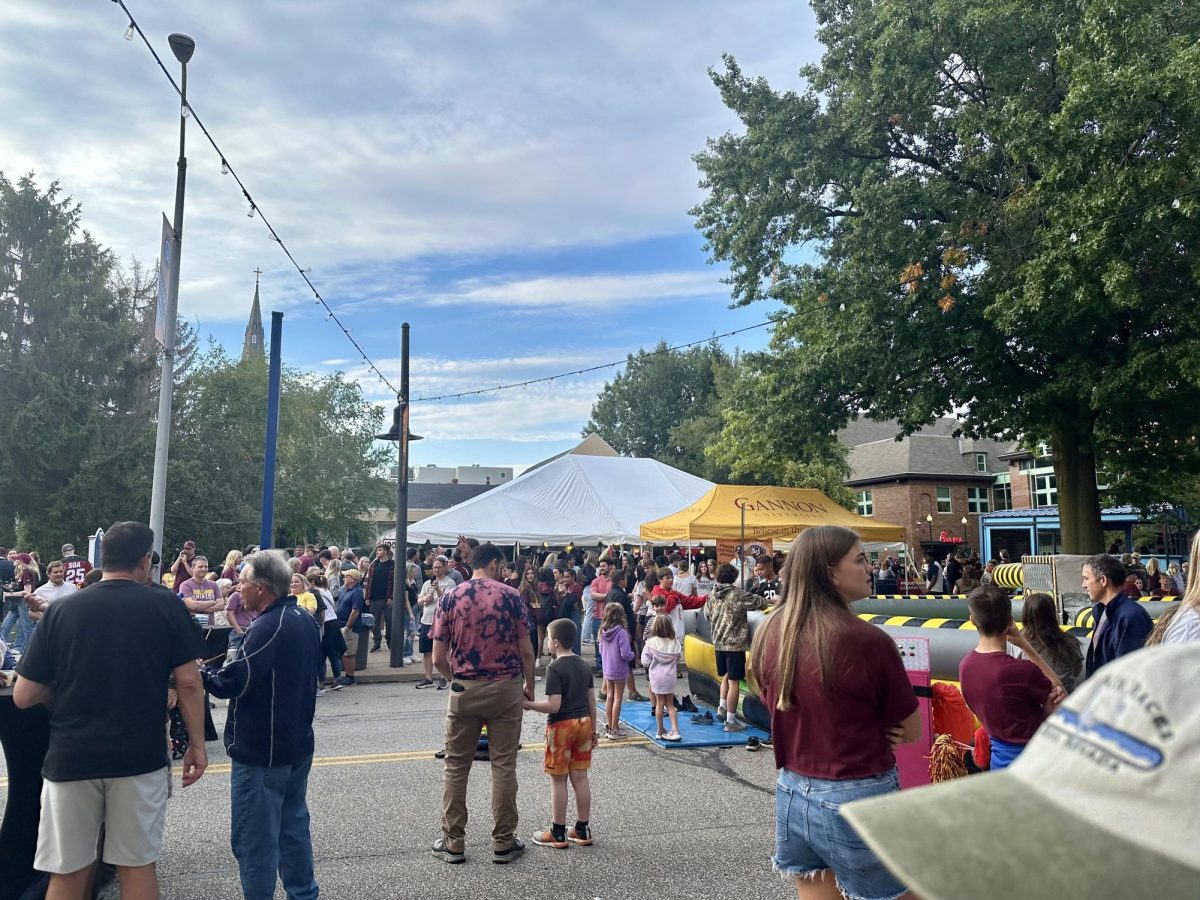Michael Jackson was born on Aug. 29, 1958, in the state of Indiana.
At the young age of 6 and being the eighth child of the Jackson family, he started his music career as a member of the Jackson 5 and remained a major part of the group until his solo career took off in the early 1970s.
“Black or White” was one of the most influential songs written and composed by Jackson and Bill Bottrell.
The album “Dangerous” was released in 1991, and included hit songs such as “Jam,” “Remember the Time,” “Heal the World” and “Dangerous.”
Jackson’s music has not only set a high standard for the music industry, but also has inspired several modern music artists like Chris Brown, Usher and Justin Timberlake.
Jackson was known for his pop music, and was later recognized as the “King of Pop.”
However in the first single, “Black and White,” from his album “Dangerous,” the element of pop didn’t seem to grasp my attention that much.
It was the rock elements and the catchy lyrics that caught my ears.
The song “Black and White” starts with an interesting dialogue between a father and a son. The father was knocking on his son’s door telling him to turn down the rock music, and the son shouted back to his father, “No, Dad! This is the best part!”
The impatient father keeps on telling his son to turn the music off.
The son unwillingly pauses the music and takes out the cassette.
The fun was only about to start when he placed another tape back in and played it.
As soon as the sound of the cassette player clicks, various mixes of sounds burst out and sound as if you are traveling through a sound tunnel.
The heavy guitar and drums kick in right from the get-go like it is a rock concert, but then the drums are replaced with a bell-like snare, making the whole song much more interesting and catchy.
After a couple “Awhhh!” — one of Jackson’s signature sounds — he starts the first verse of his line singing, “I took my baby on a Saturday bang. Boy is that girl with you? Yes we’re one and the same.”
Clearly Jackson is trying to prove a point about the issue of racial discrimination through the first line of his lyrics.
Even the name of the song, “Black and White,” directly issues the topic and theme of the whole song.
As the song progresses towards the chorus he sings, “But, if you’re thinking of my baby, it don’t matter if you’re black or white,” while the swinging guitar kicks back after that line.
The sound of the guitar continues through the second verse as Jackson sings, “They printed my message, In the Saturday sun, I had to tell them, I ain’t second to none.”
Here he creates the perception that he is a person no worse than anyone with equalities and rights.
Next, he sings “I told about equality, an it’s true, either you’re wrong or you’re right.”
In these few lines, Jackson expresses that every individual has his or her own opinion on equality, and each person can have his or her own opinion toward the definition of equality.
Near the bridge of the song, he sings, “I am tired of this devil, I am tired of this stuff, I am tired of this business, so when the going gets rough, I ain’t scared of your brother, I ain’t scared of no sheets, I ain’t scare of nobody, girl when the goin’ gets mean.”
Jackson is giving a clear image of what he thinks of racism, stating that he is tired and has had enough of the racism, which he describes as the Devil.
Also, he states that he is not scared of racism being practiced but, instead, he shows that he would stand against racial segregation and would not tolerate it in any way.
Right after the bridge, he includes elements of hip-hop and rap into the song.
It is amazing how he created a piece of music with so many different aspects of music genres combined into one.
In the rap part performed by a mysterious rapper named “L.T.B” he says, “See, it’s not about races, just places, faces, where your blood comes from and where your space is.”
He is basically summing up that we should not focus on the races because it is nothing but a list of things on our surface.
Once more Jackson sings his last chorus with a slight adjustments of his lyrics from the ones before, expressing the openness he had for all people by saying “I said if you’re thinking of being my brother, it don’t matter if you’re back or white.”
ZAM CHEW








